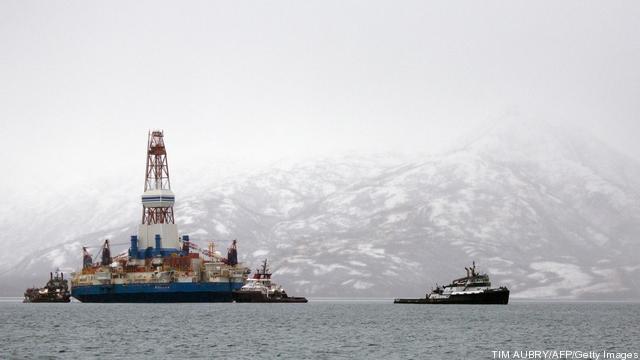
New York City – the world’s energy finance capital and one of the world’s largest commodity trading marketplaces – is a fitting location for the Center on Global Energy Policy. As part of Columbia University’s School of International and Public Affairs, the center will seek to “provide independent, balanced, data-driven analysis to help policymakers navigate the complex world of energy.”
At Wednesday’s launch event, New York City Mayor Michael Bloomberg was joined by energy experts and US government officials, who helped officially inaugurate the new energy policy initiative. Keep reading →









